[smbtoolbar]
Andy Ruff works as Lead Physical Therapist for the Iowa Department of Education and as a Physical Therapist and Supervisor for Green Hills Area Education Agency in Iowa. He represents Region II / North Central (CO, IA, KS, MN, MO, NE, SD, WY) for the Pediatric Academy School-based PT Special Interest Group. We got in touch with Andy to find out what’s crackin’ in his neck of the woods. After all, I heard Iowa is 75% vowels and 100% awesome!
Andy, what is going on in your regional school-based practice, in Iowa or in general that you would like to share with the SeekFreaks?
We have posted the Iowa Department of Education Physical Therapy Standards of Practice & Resource Manual [SeekFreaks, you can access it via our Practice Guide Map]. It was a joint effort from the lead PTs across Iowa and others. The purpose of the document is to provide information pertinent to our practice and to help interpret state and federal rules as they apply to physical therapy services in the both the early intervention (0-3yrs) and the school-based (3-21yrs) settings.
Our hope is that this document will serve as an excellent ‘living’ resource to support our practice in schools and that it will continue evolve as our practice evolves. I would encourage everyone to check it out! I think the appendices may be particularly helpful to all school-based and early intervention PTs; there is an Appendix with links on Standardized Measures, an Appendix with links to Research Supports, an Appendix with links to Online Resources,and and an Appendix for Handouts. While some of the manual covers procedures that may be specific to Iowa, the majority of the manual could apply to practice anywhere.
[Andy also invited any SeekFreaks to send him resources they have found helpful to add to the Iowa Manual – at aruff@ghaea.org].
What do you like best about school-based practice?
I love the fact that each day is different, no two days are ever alike. There are no cookbook answers in pediatric practice. Following established protocols like those for a total hip or knee replacement is NOT for me. I love the creativity that you can use in public schools.
If you had ultimate power, what change would you make to school-based practice?
I would fully fund IDEA and ensure that schools are resourced so that each student can get what is needed. I would also make certain that each student has someone who believes in their ability to become a successful adult. The one common denominator for those students who have had significant success after graduation seems to be that they have all had someone who believed in them and advocated for them whether this was at home, at school or somewhere else.
What do you think is the growing edge of school-based practice? Where are we headed?
There is a lot more research available: supporting and refuting commonly held practices. This is particularly true in the last 10 years. In the past, finding research to support our practices was a real limitation. Another important development is the ability to share information (through the use of technology or offerings like the SeekFreaks) and to connect across the state(s), nationally and even internationally.
Who are your professional ‘heroes’ or role models?
Oh, I have several…Kathy David (school-based physical therapy pioneer in Iowa/early national leader) led School Based and Early Intervention PT services from a state level in Iowa. She emphasized the importance of having research to support your interventions and how critical context is to our understanding of student performance. The research we did in Iowa on walking speed, “line leader” speed, and teacher “good enough” speed was cutting edge at the time. Kathy also brought groups together across our state to discuss our practice. She was one of the first proponents for the need for progress monitoring – she understood the importance of having data to support if what we are doing is working.
Wayne Stuberg, DPT (professor & researcher at the UNMC) influenced my practice early with his research which was applicable to the students I served. Also, attending the professional development he offered challenged me to start asking: What am I doing? Why am I doing this? It taught me to reflect on my decision making process.
Karen Adolph (researcher) changed my practice by showing me what it takes for a typically developing child to gain a skill. I understood we MUST move to integrated practice throughout the day. I also learned how important failure is to learning a skill. We have to ensure our students with disabilities are allowed to fail so that they can develop the critical learning skills required for eventual success.
Norman Krunc (received SBPT, has cerebral palsy) was someone I heard early in my practice. He spoke about how everyone he encountered wanted to ‘fix’ him because he had cerebral palsy. He had accepted his disability, he just needed supports, not to be or look like everyone else! This changed the focus of goals. I began to look beyond the immediate impairment and more at the big picture, and the future. Norman taught me we must be focused on the future citizen, not just today – what can we do today so that each of the students we serve can eventually graduate and become happy, healthy, and responsible citizens with the abilities to meet the challenges they will face?
Do you have anything else you would like to share with the SeekFreaks?
Iowa is a Birth to 21 mandate state, it would be nice if other states had the continuum of service provision from birth to 21, as we do here in Iowa. This provides several advantages:
- Expectations for all parties involved with the family and child/student are established early and are consistent
- There is a continuous relationship between early intervention and school-based services
- Families are empowered through a routines based continuum of services. Families and schools learn what to do to provide opportunities for the children/students throughout their day and because of these expanded opportunities more progress is made.
- Due to geography, often the same PT works with the student and family in early intervention and school which assists not just with transition, but it the continuum of expectations and of trust.
~~~~~~~~~~ 0 ~~~~~~~~~~
We are so glad Andy took the time to share his perspective with us! We strongly encourage everyone, each SeekFreak, to go to the Iowa manual and look at the tremendous resources collected there. A SeekFreak could spend all day chasing the research you find! Look for spotlights on other regions to come…use the comment area here or email us at seekfreaks@gmail.com to give us suggestions for who we should interview. We hope this spotlight conversation has given you some food for thought…Happy PT Month!!
~~~~~~~~~~ 0 ~~~~~~~~~~
Readers of this article also read:
50 Alternatives to “Good Job!”
Call to Action: Full Funding of IDEA
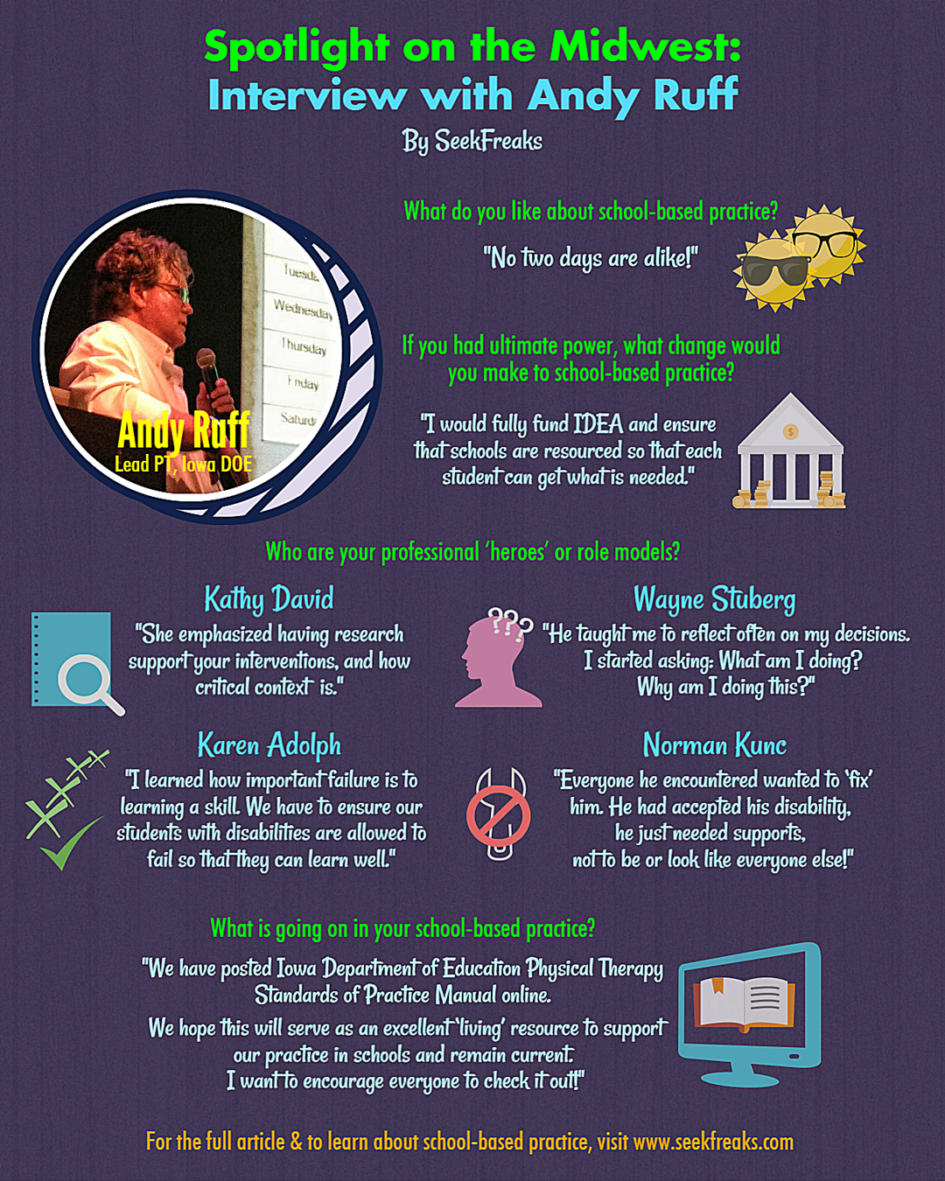
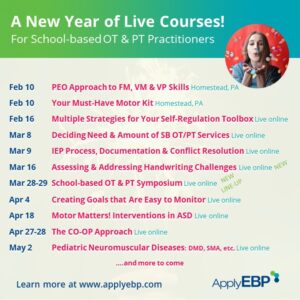

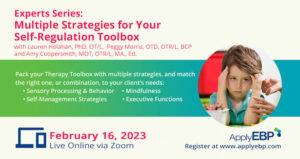
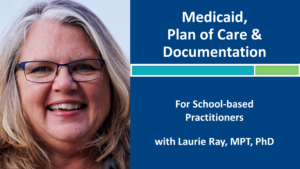
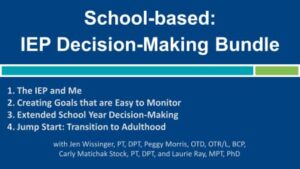
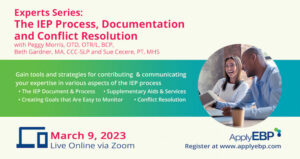
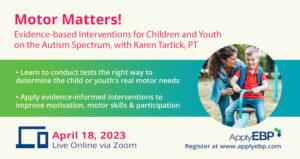
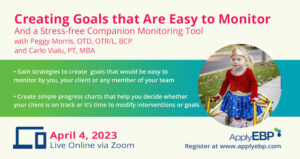
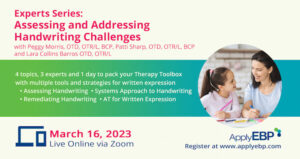
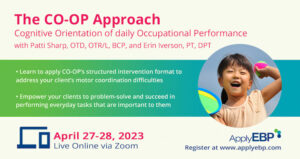
October 23, 2016 at 7:50 am
Thank you for such an insightful article. I hope to look at the Iowa booklet this year.
October 27, 2016 at 6:59 pm
Glad you enjoyed it Nancy! I think you will find a treasure trove of resources when you check out the Iowa Practice and Resource Manual. Crack it open over the holiday break, give yourself a gift! Thank you for your comment. ~Laurie
October 23, 2016 at 9:16 am
I have found Andy’s resource manual from Iowa to be very thorough, and recommend it as a great resource for school physical therapists.
October 27, 2016 at 7:02 pm
Hey, thanks for your comment! I could not agree more…and I love that it is a ‘living’ document that they will continue to update.
Send Andy any suggestions you may have for resources, SeekFreaks.
Glad for your perspective, Karen.
~Laurie